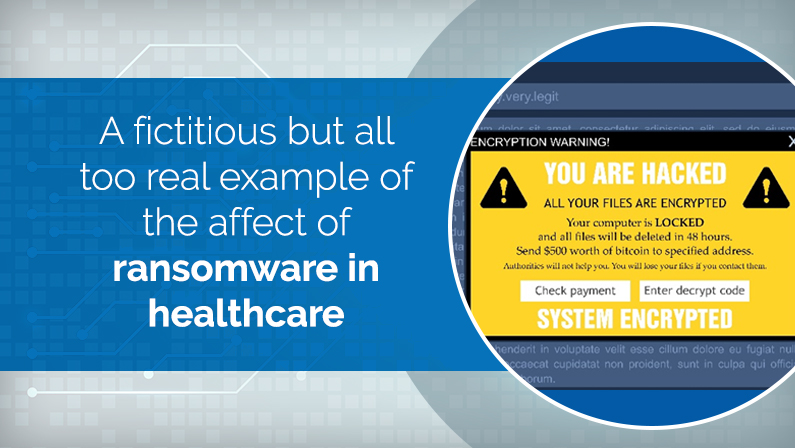The hackers had exploited a vulnerability in the hospital’s aging software, launching a sophisticated ransomware attack that encrypted patient records, financial information, and critical operational data. Panic ensued as doctors and nurses struggled to access patient histories and medication records. Emergency cases were diverted to nearby hospitals as Mercy General’s staff resorted to pen and paper.
Meanwhile, the hospital’s cybersecurity team, led by a brilliant but unassuming expert named Alex, worked tirelessly to counter the attack. Alex discovered that the ransomware was a new variant, unseen by any cybersecurity firm. Refusing to bow to the hackers’ demands, Alex and their team began to decrypt files using advanced algorithms.
As hours turned into days, the hospital’s operations were severely hampered. Surgeries were postponed, and the community’s trust wavered. However, Alex’s perseverance paid off. They managed to find a flaw in the ransomware’s code and exploited it to start unlocking the encrypted files.
In the aftermath, General Hospital emerged more resilient. They upgraded their cybersecurity protocols, trained staff on digital safety, and invested in cutting-edge security software. The incident served as a wake-up call, not just for General, but for healthcare institutions worldwide, emphasizing the critical need for robust cybersecurity measures in protecting patient data and healthcare services.





